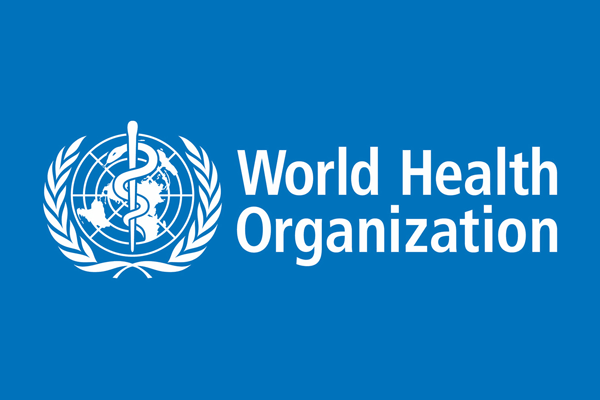
Nurses are set to take a leading role in the implementation of a non-communicable disease (NCDs) programme that has been rolled out on two pilot projects in the country. The World Health Organisation (WHO) has already handed over equipment and commodities to the Health and Child Care ministry. The nurse-led programme on NCDs including diabetes coincides with this year’s World Diabetes Day theme: The Nurse and Diabetes.
BY VANESSA GONYE
Speaking at the handover of the equipment to the two pilot districts, Health permanent secretary Jasper Chimedza said emphasis will be on the primary healthcare for NCDs as the ministry moves to deal with early diagnosis and management.
“Implementation of a nurse-led NCD programme in Zimbabwe is aimed at achieving the following: increase early diagnosis, reduce cardiovascular diseases (CVDs) complications, reduce premature deaths from CVDs and reduce the financial burden on the people suffering from CVDs,” he said.
Chimedza said focusing on an effective primary health approach will help in attainment of the WHO target of reducing premature deaths from NCDs by 25% by 2025. “Implementation of this programme is at primary care level with the aim of increasing access to NCD services, but district hospitals will also be capacitated to handle referrals. The programme will be integrated into the other primary care activities such as immunisations, tuberculosis (TB) and HIV and maternal health services,” Chimedza said. The projects will be piloted in Wedza and Matobo districts.
WHO country representative Alex Gasasira applauded the government for its efforts in reducing incidences of NCDs.
“The event we are having today should have happened many months ago, but because of the COVID-19, we are having it many months later. These materials we are handing over today are going to be used at a rural level where services have not been easily accessible,” he said.
Deputy director in the Department of NCDs in the Health ministry Justin Mudavanhu decried the fate of NCD patients in the country’s rural areas whom he said were finding it difficult to access medication.
- Chamisa under fire over US$120K donation
- Mavhunga puts DeMbare into Chibuku quarterfinals
- Pension funds bet on Cabora Bassa oilfields
- Councils defy govt fire tender directive
Keep Reading
“Zimbabwe still faces a double burden of NCDs and communicable diseases, including HIV. In Zimbabwe, NCDs contribute about 33% of mortality. We will start at the community level where we will also empower village health workers, district level where we will equip the nurses with knowledge,” he said.
lFollow Vanessa on Twitter @vanessa_gonye











